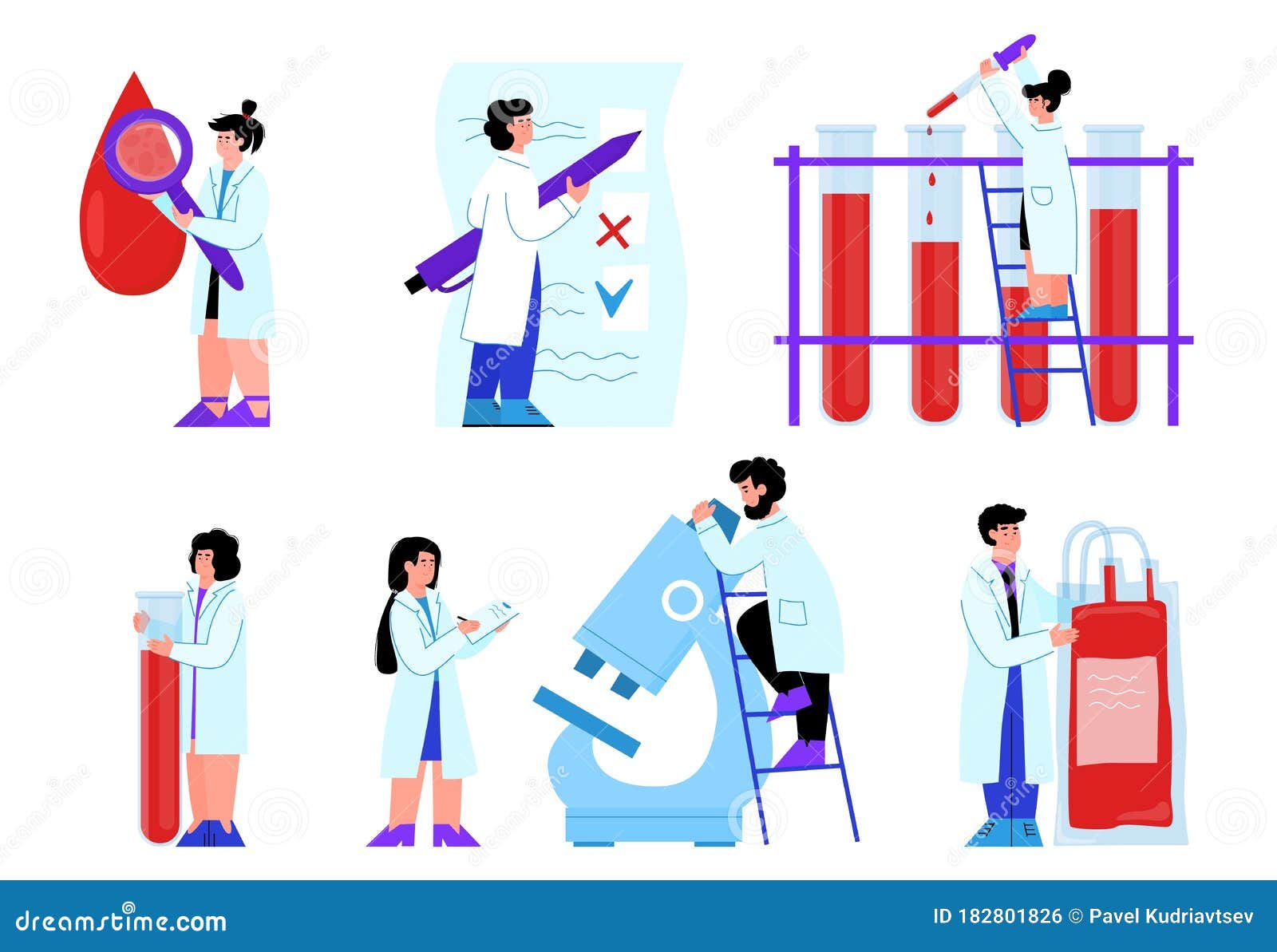Companion animals are invaluable, and caring for their needs takes proactive care. Veterinary laboratories are pillars of modern pet care in preventing diseases for dogs, cats, and other pets.
Here, we’ll delve into how diagnostic testing supports pet health and highlight the most common exams.
What Are Veterinary Labs?
Pet testing services support veterinary care for evaluating pet health. Vets rely on their findings to make accurate diagnoses.

Typical procedures usually includes:
- Collecting pet health data: Health markers are collected at clinics.
- Sample examination: Specialized tools and methods provide results.
- Reporting outcomes: Labs share results with veterinarians for effective health management.
Key Diagnostics for Pet Health
Labs provide diverse options for health checks to address medical issues. Common exams include:
- Biochemical screens: Detect anemia or chronic conditions.
- Urine diagnostics: Ensure bladder health.
- Gut health screenings: Monitor intestinal health.
- Sensitivity screens: Support long-term comfort.
- Advanced imaging tests: Evaluate bone and joint health.
laboratorio de analises clinicas veterinaria
laboratorio de analises veterinarias
exames laboratoriais veterinários
How Testing Supports Pet Health
Routine diagnostics ensures better outcomes. With timely diagnostics, you save on emergency costs.

The advantages include:
- Longer, healthier lives: Pets live happier, healthier lives.
- Cost savings: Early detection reduces expenses.
- Confidence in care: You’ll know they’re thriving.
Conclusion: Veterinary Labs as a Cornerstone of Pet Health
Veterinary labs are vital for protecting the health of dogs and cats. By scheduling routine tests, you ensure your pets are healthy.
Start their journey to better health today and support their wellness every step of the way!